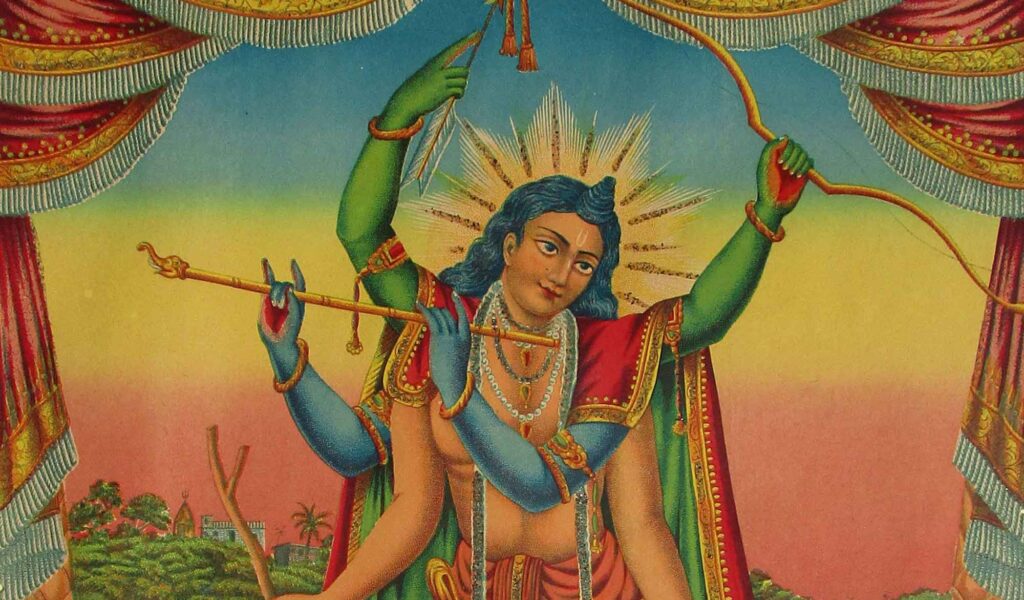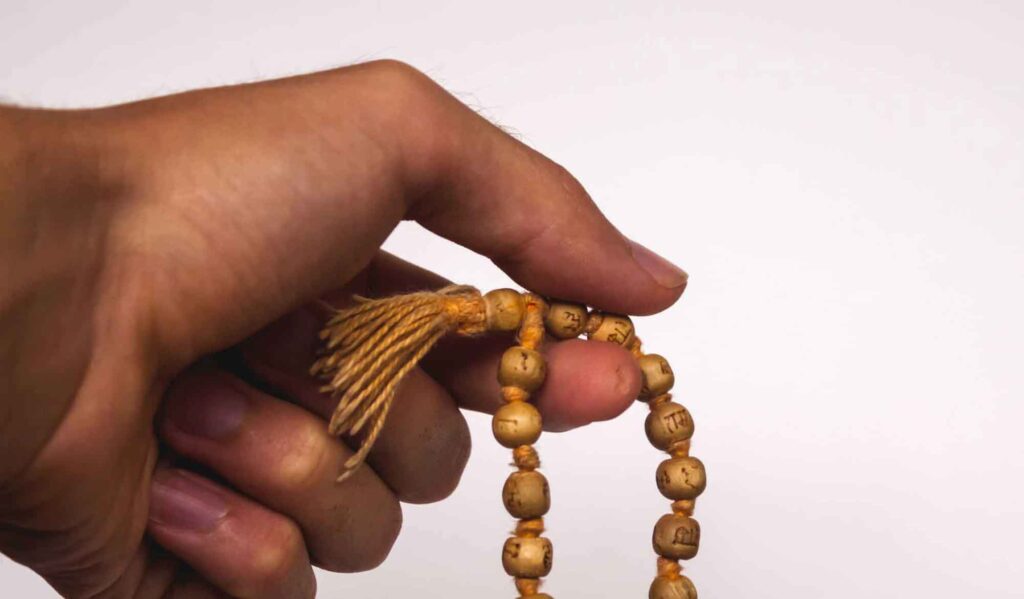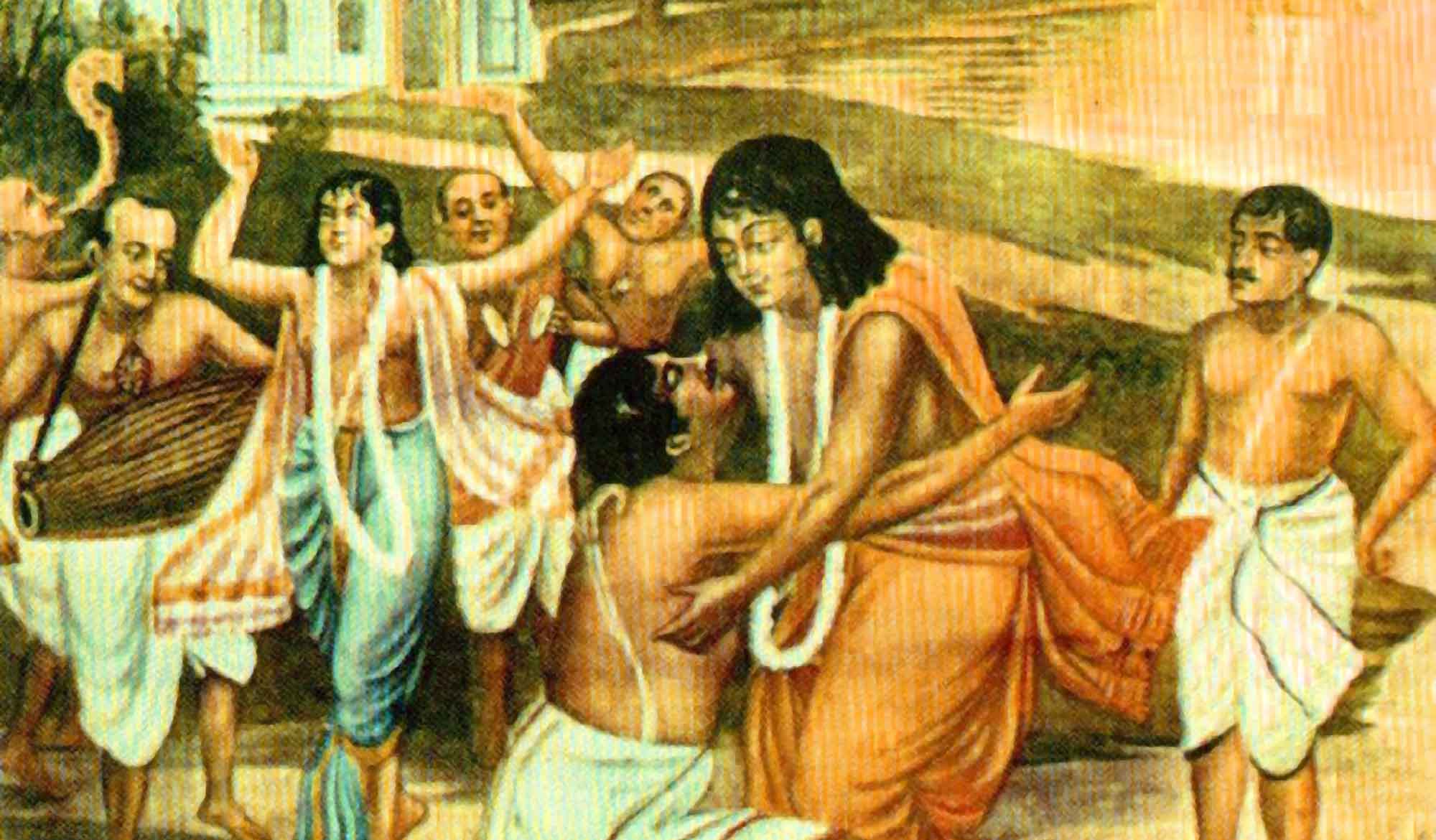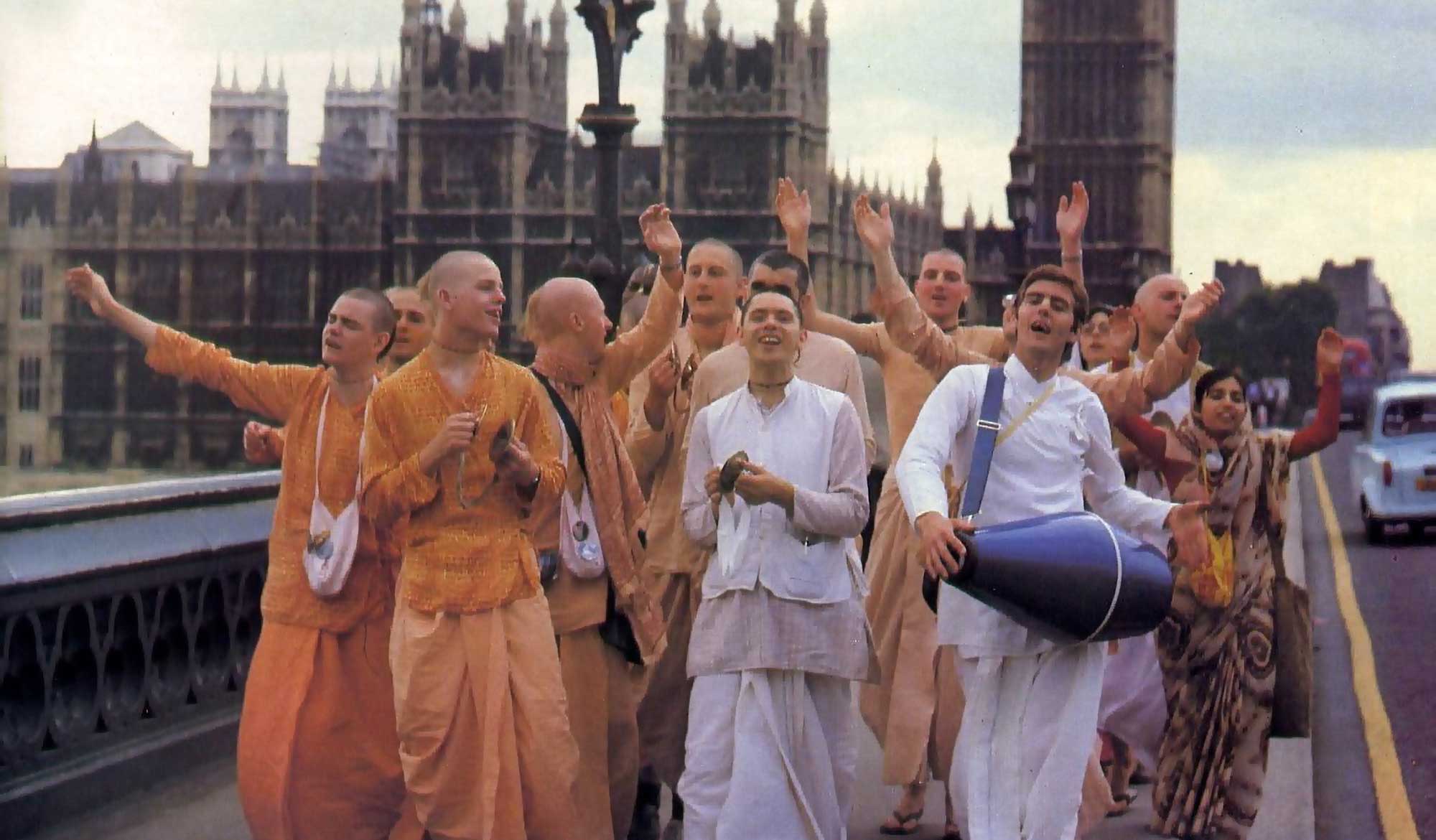Overview
'Vaiṣṇavera Sañcaya (The Savings of a Vaiṣṇava) was written by Bhaktivinoda Ṭhākura for Sajjana Toṣaṇī, Vol.5, issue 11 in 1894. Śrīla Bhaktivinoda Ṭhākura describes in this article how it is not wrong for householder Vaiṣṇavas to save money in order to maintain their families and to engage in kṛṣṇa-sevā and vaiṣṇava-sevā. He also describes the rules for householders and mendicants.
(translated by Swami B.V. Giri)
Most people say that Vaiṣṇavas should not save anything. We cannot accept this, as the guru of the jīvas, Śrī Śrī Mahāprabhu has advised us as follows:
‘gṛhastha’ hayena iṅho, cāhiye sañcaya
sañcaya nā kaile kuṭumba-bharaṇa nāhi haya
(“Being a householder, he is required to save money. Without saving anything, it is not possible to maintain a family.” – Caitanya-caritāmṛta, Madhya-līlā 15.95)
There are two kinds of Vaiṣṇavas, namely the householder (gṛhastha) and the renunciate (gṛha-tyāgī). They are both equally glorious. The renunciate Vaiṣṇavas do not consider themselves to be greater than the householder Vaiṣṇavas. It should be understood that the only gradation concerning honour amongst Vaiṣṇavas is the difference between an uttama-vaiṣṇava and a madhyama-vaiṣṇava. Both uttamas and madhyamas are seen amongst householders. The same is true of renunciates. The greatness of the Vaiṣṇava renunciates is that they have renounced many kinds of physical pleasures by giving up the association of women and the desire for wealth. The householder Vaiṣṇavas have a specific greatness. In times of hardship, many of them save money and engage in kṛṣṇa-sevā and vaiṣṇava-sevā to both householders and renunciates. Actually, whether a Vaiṣṇava is a householder or a renunciate, all honour is given to them according to their bhakti-samṛddhi (devotional opulence). The more bhakti they have, the more one should respect them as a Vaiṣṇava. There is no other reason for distinguishing amongst Vaiṣṇavas.
Renounced Vaiṣṇavas happily spend time in that place where hari-bhajana is performed, abandoning all conversations with women, accumulating money, gossip, good food, good clothes and many other things. Hari-bhajana is done with ease, yet in search of that, people have built many akhaḍas, maṭhas and houses. To begin all these things, wealth is necessary. This is not advisable. Renounced Vaiṣṇavas should accept those services presented by householder Vaiṣṇavas for a very short time. If one stays at a place for a long time, and is not attached to any nonsense, then there is no fault. All the renounced Vaiṣṇavas who are engaged in various ways of making money, fall down due to the fault of anādhikāra-carca (not acting according to one’s qualification), and eventually, because of their hankering for wealth, they give up bhajana altogether. They must be especially careful of this.
The householder Vaiṣṇavas should establish Vaiṣṇava families for Kṛṣṇa’s service. This is not unfavourable to bhajana – they have the right to engage in such activities. According to the dharma-śāstra, one should get married to have progeny. For maintaining one’s life in this world, as many kinds of work as there are, one can do all of them if it is according to śāstra. According to the dharma-śāstra, it is their duty to provide for the family and to serve guests by earning money. In all instances in this world, they should take refuge in truth, simplicity and dharma. As much as possible, they should always do paropakāra (working for the satisfaction of others). A renounced akiñcana will serve such pure Vaiṣṇavas. One should just be careful not to engage in anything which is averse to hari-bhajana.
Without engaging in akarma, vikarma or karma, they will engage in all their worldly duties aided by their surrender at the feet of Śrī Kṛṣṇa. This is what Bhagavān instructs in the carama-śloka (supreme verse) of the Gītā:
sarva-dharmān parityajya mām ekaṁ śaraṇaṁ vraja
ahaṁ tvāṁ sarva-pāpebhyo mokṣayiṣyāmi mā śucaḥ
(“Abandon all types of dharma – come and surrender unto Me alone! Do not fear, for I will surely deliver you from all reactions.” – Bhagavad-gītā 18.66)
Arjuna was a householder Vaiṣṇava. Bhagavān explained to him – “Abandon all dharmika activities such as the inclination for karma, jñāna and yoga, while travelling in this body and in this world, with an inclination towards surrender unto Me. Then you will no longer be bound by pāpa and puṇya and there will be no necessity to perform prayaścitta (atonement). Gradually freeing you from the bondage of māyā, your thoughts will remain with Me and you will become qualified for My pure prema.”
It has been said earlier that the householder Vaiṣṇavas get married, have children, and earn money according to the dharma-śāstra, The meaning is that those who maintain a family with surrender unto Bhagavān, perform their duties according to their own particular inclinations; however, none of these action are against the dharma-śāstra, since the dharma- śāstrakāras (the compilers of the dharma-śāstra) themselves gradually followed the tendency towards śaranāpatti (surrender to the Supreme), and have given special benefit to the world by writing these regulations for the correction of ignorant people. If any Vaiṣṇava householder or renunciate is found to be acting against the dharma-śāstra, then the subject of his character may be disputed. This is the conclusion relating to the madhyama-adhikārī Vaiṣṇava. There can be no consideration concerning any defects in an uttama-adhikāri Vaiṣṇava who has prema. There are many things to discuss concerning this also.













